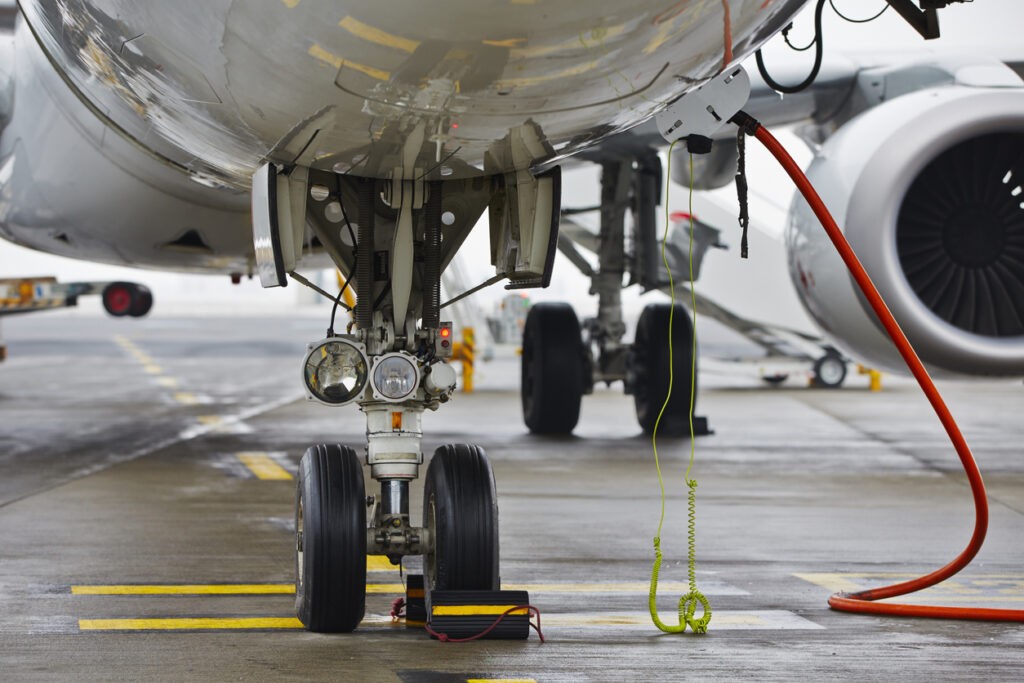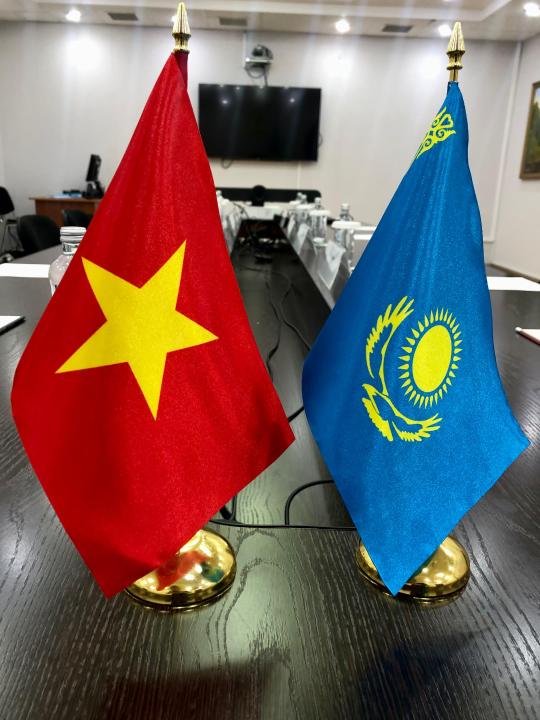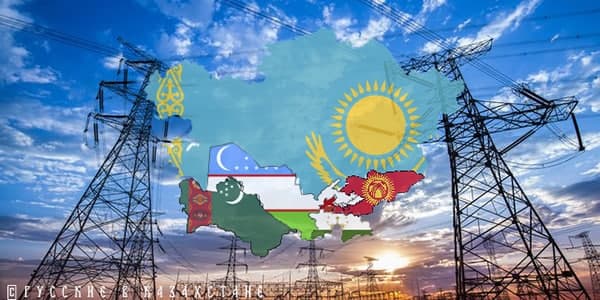Kazakhstan Becomes First CIS country to Join ICAO Program on Environmentally-Friendly Aviation Fuel
Kazakhstan has become the first CIS nation to sign an agreement with the International Civil Aviation Organization (ICAO) and join the program in the field of environmentally-friendly aviation fuel (ACT-SAF).
“ICAO has set a goal of achieving net zero emissions from international flights by 2050. To achieve this goal, during the visit to Kazakhstan of the Regional Director of the European/North Atlantic Bureau of ICAO, Nicolas Rallo, an agreement was signed between Kazakhstan and ICAO on the accession of the Republic of Kazakhstan to the Program for Capacity Building Support and Training in the Field of Sustainable Aviation Fuels (ACT-SAF),” reported the press service of the Ministry of Transport of the Republic of Kazakhstan.
According to this document, ICAO will assist Kazakhstan in developing and participating in ACT-SAF program activities, including the exchange of best practices and relevant information, participation in training seminars and workshops, technical assistance in issues related to SAF in national action plans, and the implementation of specific projects on SAF.
As previously reported, the use of SAF reduces CO2 emissions by 80% compared to the use of conventional fuel. However, in 2024, the availability of clean jet fuel is expected to account for no more than 1% of total global demand.
As a transit state between Europe and Asia, Kazakhstan could play a greater role in expanding the use of SAF in international flights. As a raw materials base for SAF production, bio-ethanol, municipal solid waste, and in the future, blast furnace and coke gases are being considered in Kazakhstan.
The project for the creation of the Regional Hub of Clean Aviation Fuel (SAF) in Almaty will be presented by the European Bank for Reconstruction and Development on June 21 in Astana during the forum, Central Asia – Silk Road in the Sky, by ISF, an international consulting company which won the EBRD tender to become the project consultant.








